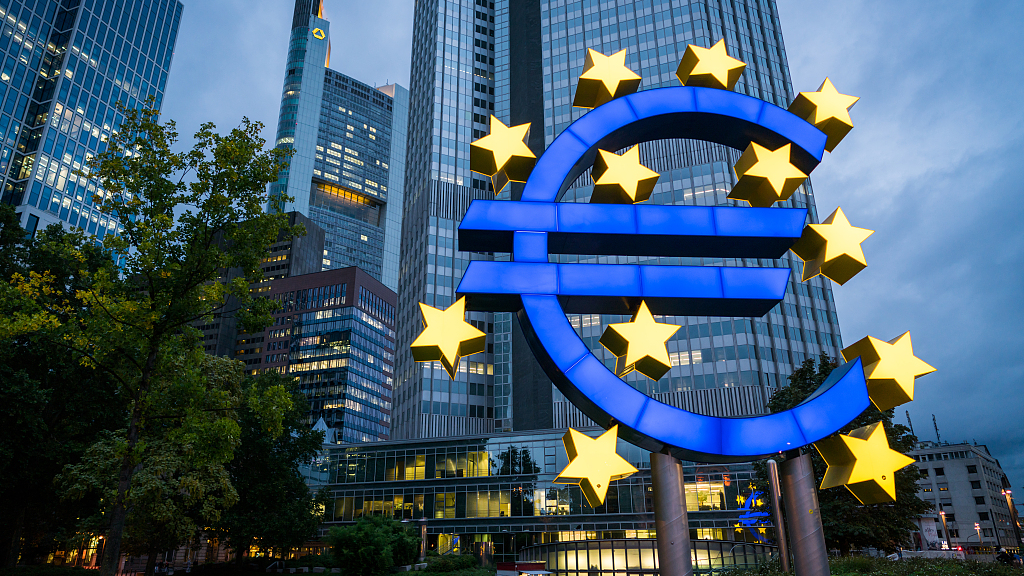Eurozone business activity in February rose to a nine-month high, led by the resurgent service sector and recovering manufacturing economy amid receding inflation and reined-in recession fears.
The seasonally adjusted S&P Global flash Eurozone Purchasing Managers' Index (PMI) Composite Output Index—a gauge designed to give a single-figure snapshot of the economy—advanced for the fourth consecutive month in February, jumping from 50.3 in January to 52.3, marking the strongest expansion of business activity since last May, S&P Global said in a report Tuesday.
The upturn in February was mainly driven by the business activity of the service sector, which saw a second consecutive month of growth, and the strongest expansion since last June, with the index up from 50.8 in January to 53. The factory output index increased from 48.9 to 50.4, signaling the first gain in production since last May.
Chris Williamson, chief business economist at S&P Global Market Intelligence, said that business activity across the Eurozone "grew much faster than expected in February," adding that it is "broadly consistent with GDP rising at a quarterly rate of just under 0.3%."
Within the Eurozone, which comprises 20 countries, the two strongest economies, France and Germany, rebounded for the first time since last October and last June, respectively, as the composite PMI for France jumped from 49.1 in January to 51.6 while growing from 49.9 to 51.1 for Germany.
The rest of the Eurozone reported the largest gain as a whole, with the composite index up from 51.4 to a nine-month high of 53.9 due to "broadbased growth of manufacturing and services," S&P Global said.
Though slightly over the survey's long-term average, optimism for the coming year grew in February, reaching a one-year high. Future sentiment has improved in both manufacturing and services since late last year, attributed by survey respondents to reduced concerns about the likelihood of a severe recession and more confidence in stabilizing energy supply and prices, as well as signs of peaking inflation and better customer inquiries.










